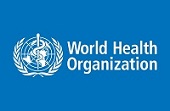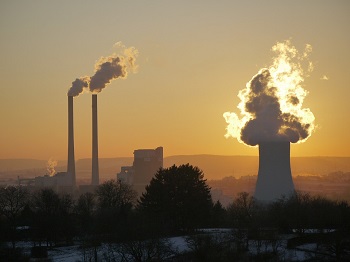30th October to 1st November 2018, Geneva, Switzerland
The Global Conference on Air Pollution and Health will be organized in collaboration with UN Environment, World Meteorological Organization (WMO), the Secretariat of the UN Framework Convention on Climate Change (UNFCCC), the Climate and Clean Air Coalition to Reduce Short-Lived Climate Pollutants (CCAC) and the United Nations Economic Commission for Europe (UNECE). Remote participation will be facilitated by webcasting and live-streaming of the sessions.
Public health context
Some 92% of people worldwide breathe unhealthy air, resulting in about 6.5 million deaths annually. The World Health Assembly has mandated WHO to take a leading role in combating what is now one of the world’s most significant causes of premature death. According to the latest trends:
- Ambient air quality in most cities exceeds recommended WHO levels, in some cities by a factor of >10;
- Household air pollution is a leading killer in rural and urban homes. Nearly half of the world’s population still uses polluting fuels and technologies to meet their most basic household energy needs;
- Non communicable diseases (NCDs) – up to 1/3 of deaths from the leading NCDs (stroke, lung cancer, heart attacks and chronic obstructive pulmonary disease) are due to air pollution. Health impacts are largest among women, children, older people and the poor;
- Climate change – many mitigation strategies also reduce air pollution. Conversely, reducing air pollution can curb emissions of short-lived climate pollutants (SLCPs) as well as long-lived CO2, slowing the pace of climate change and related impacts on water resources, agriculture, weather extremes and health;
- Affordable strategies exist to reduce air pollution emissions from transport, energy, agriculture, waste, housing and industrial sectors, resulting in massive public health benefits;
- Air pollution strategies can also reduce public health risks from traffic injury, obesity and noise. Clean urban mobility and household energy, as well as improved workplace air quality improve social equity. Healthcare savings and improved worker productivity benefit local economies.
Conference aims and outcomes
The conference will bring together global, national and local partners to share knowledge and mobilize action for cleaner air and better health globally. The conference will update the evidence on the health impacts of air pollution, methods of monitoring pollution and health exposures and tools for assessing and implementing effective interventions. It will support strong health sector leadership for change, in partnership with other sectors. Cities and countries will be invited to join the BreatheLife campaign and commit to reducing air pollution by 2030 in line with WHO Air Quality Guidelines. Global attainment of the air quality guideline levels indoor and outdoor could prevent millions of deaths every year.
Location:
Avenue Appia 20
WHO Headquarters
1202
Geneva
Switzerland
For more information visit the website or contact aphconference@who.int
Published in GI-Mail 07/2018 (English edition). Sign up for GI-Mail here. 
Tip: More up to date educational events can be found online in the Education Database »medicine & health«.

